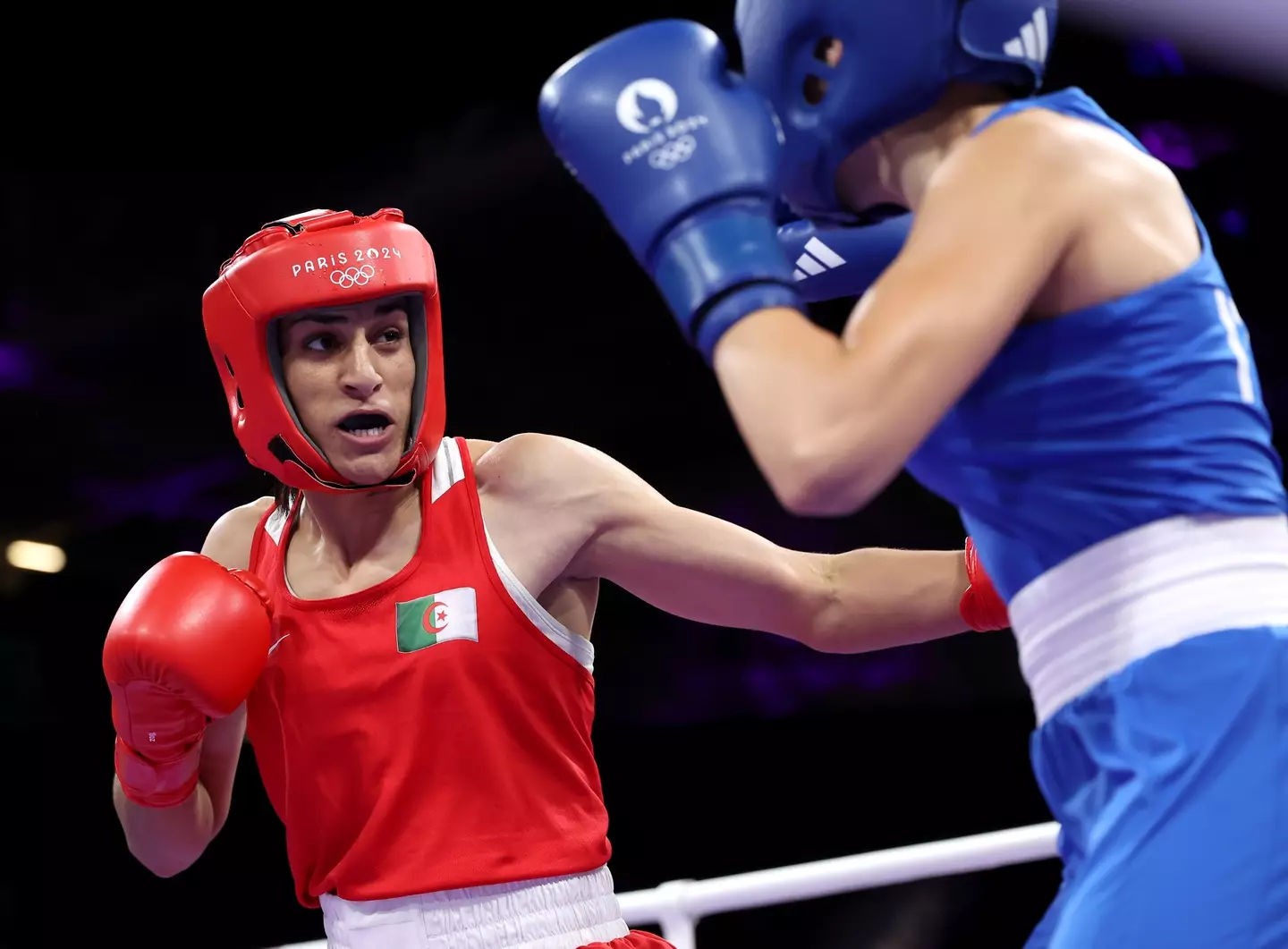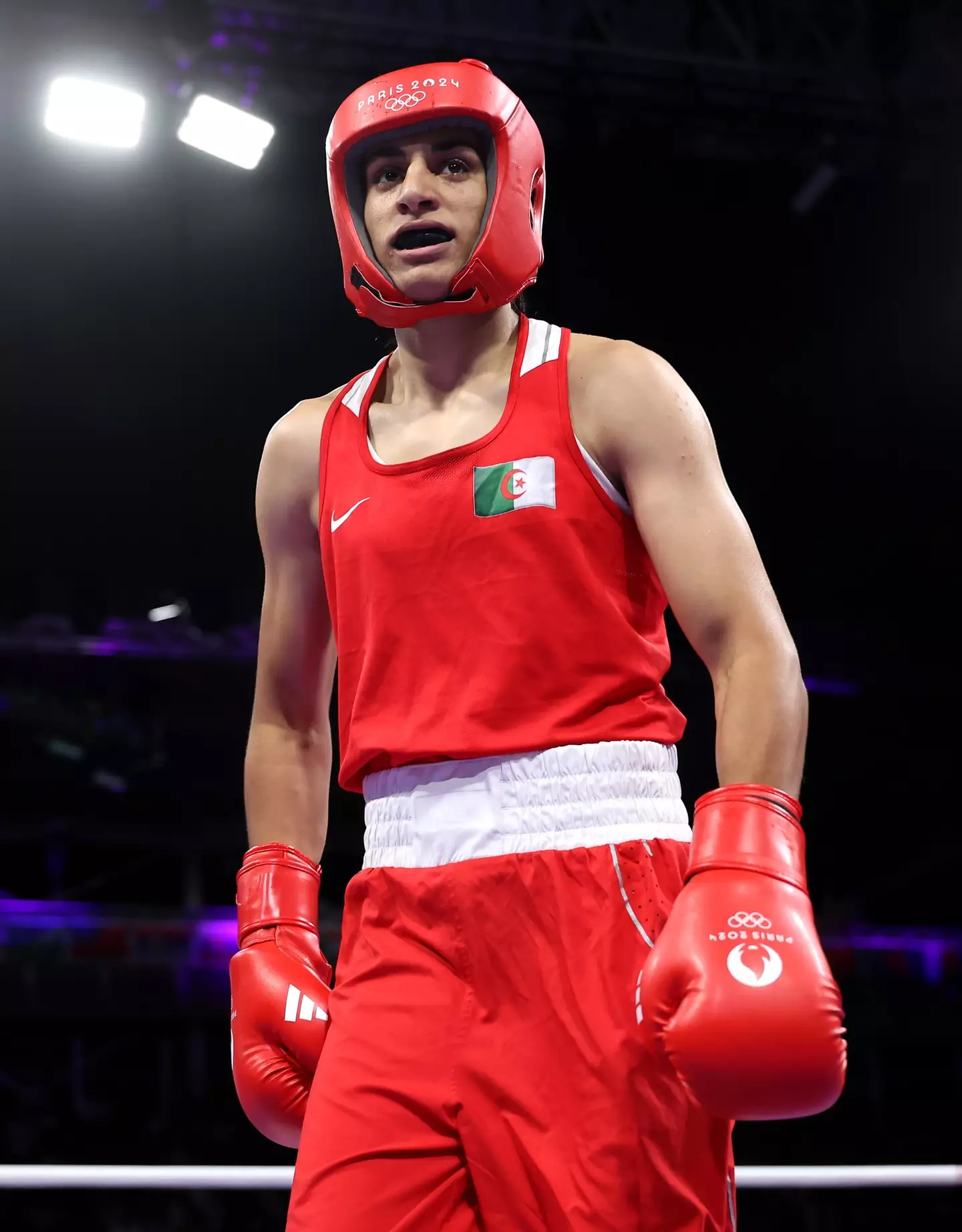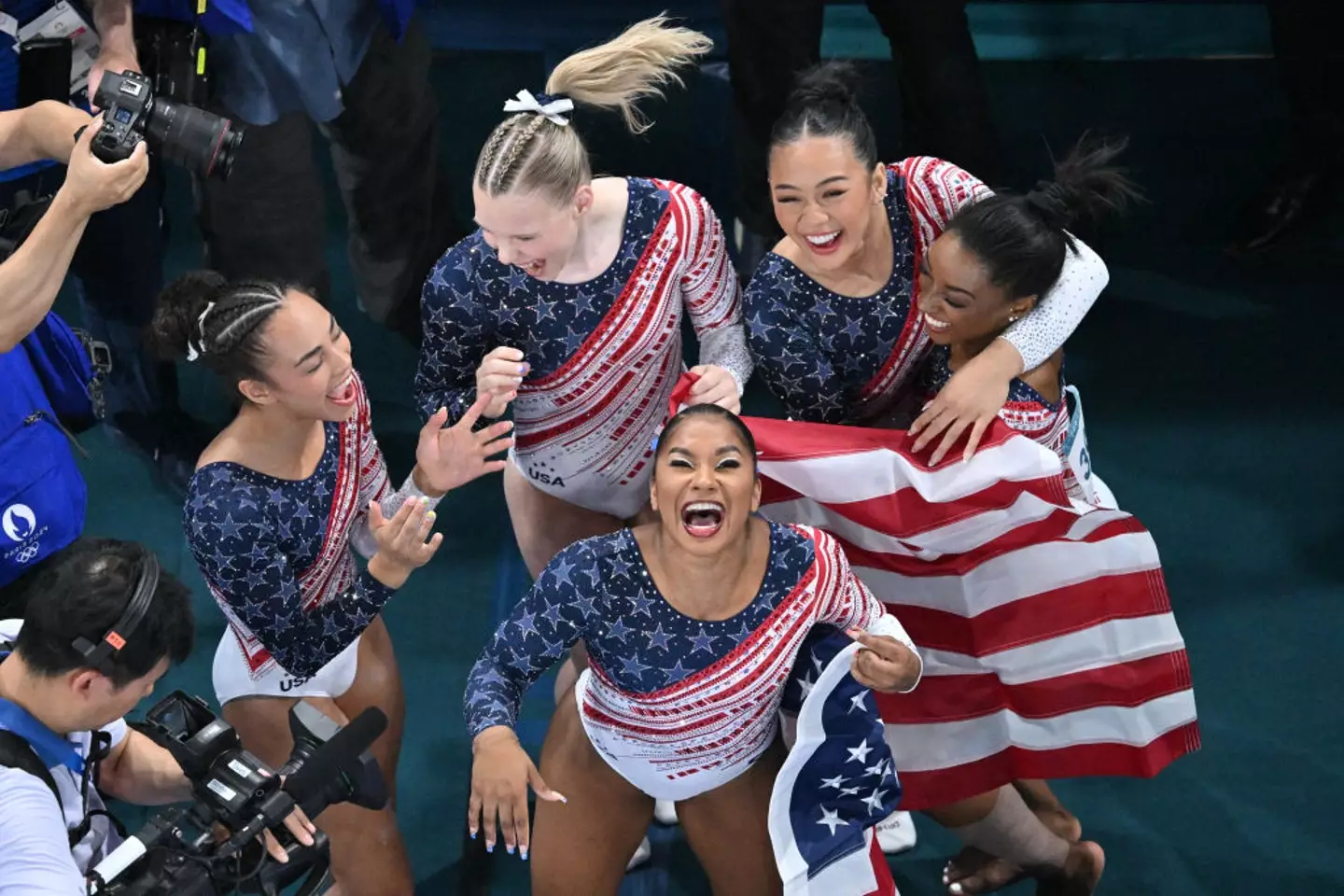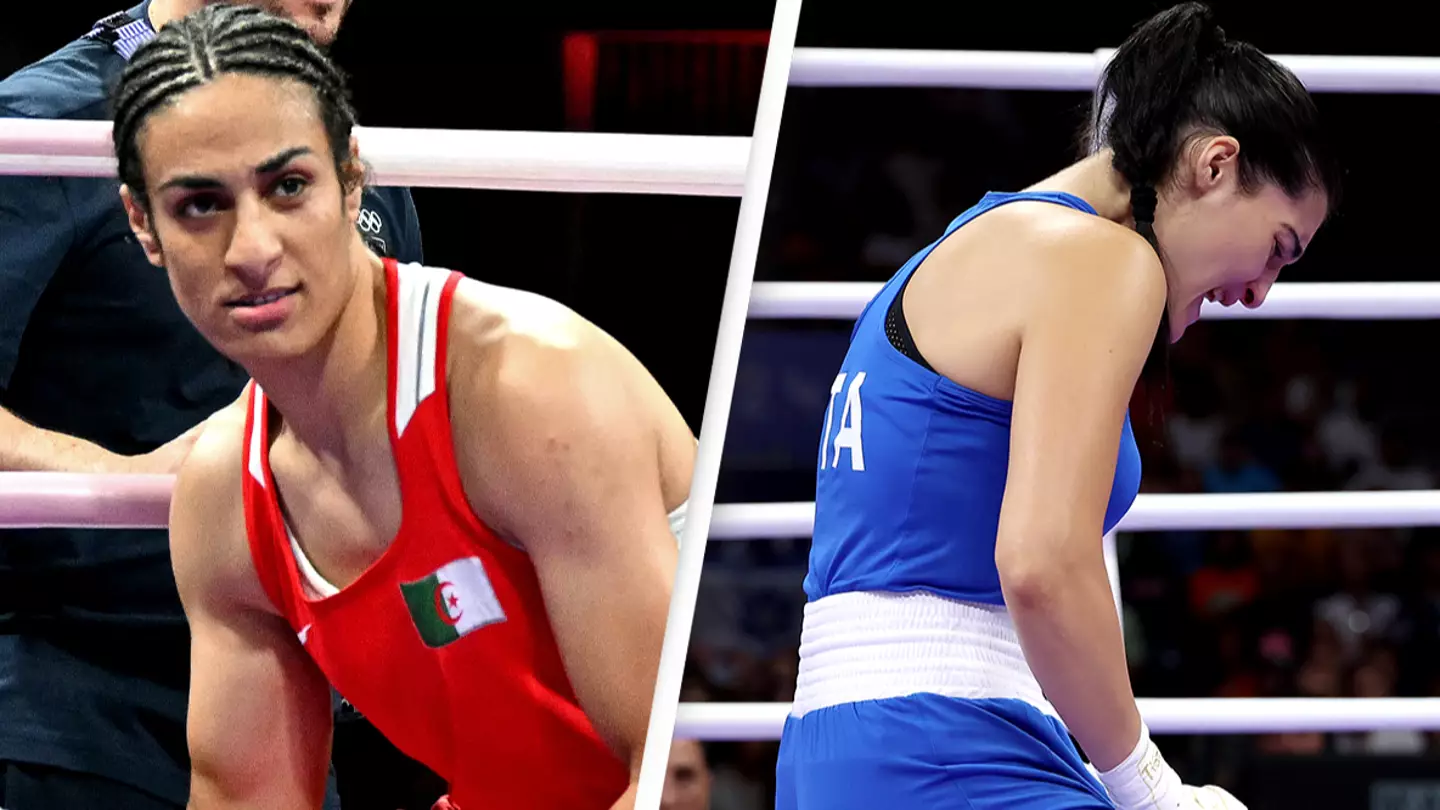The reason behind an Olympic boxer’s participation despite failing a gender eligibility test has been disclosed.
Angela Carini and Imane Khelif faced off in the Paris 2024 Olympics earlier today (1 August), grabbing significant attention.
The match was brief, with Carini abandoning the fight after only a few punches were exchanged.
The Olympic showdown lasted just 46 seconds.
Carini’s headgear came loose twice before she decided to forfeit the fight, and she even declined to shake Khelif’s hand when the latter was declared the winner.

Speaking about her decision to exit the fight early, Carini stated: “I have always honoured my country with loyalty. This time I didn’t succeed because I couldn’t fight anymore. So I put an end to the match.”
According to the ANSA news agency, she explained after the fight: “I went into the ring to fight. I didn’t give up, but a punch hurt too much and so I said enough.”
“I’m leaving with my head held high.”
Khelif’s much-discussed victory followed her disqualification from the World Championships in 2023 after failing a gender eligibility test.
The International Boxing Association noted at the time that the athlete had elevated levels of testosterone.
According to Reuters, Khelif failed due to IBA eligibility rules that barred athletes with XY chromosomes from participating in women’s events.
However, she was deemed eligible to compete in the 2024 Olympics, a competition overseen by the International Olympic Committee (IOC).

On Tuesday (30 July), the IOC defended Khelif’s right to compete before her latest bout.
“Everyone competing in the women’s category is complying with the competition eligibility rules,” IOC spokesperson Mark Adams said.
“They are women in their passports, and it’s stated that this is the case that they are female.”
While organizations like World Aquatics, World Athletics, and the International Cycling Union have updated their gender rules in recent years, the IOC has not.
In fact, the IOC’s eligibility decisions for Paris were based on rules from the 2016 Rio de Janeiro Olympics.
Adams added: “What I would say is that this involves real people and we are talking about real people’s lives here.
“They have competed and they continue to compete in the women’s competition. They have lost and they have won against other women over the years.”


